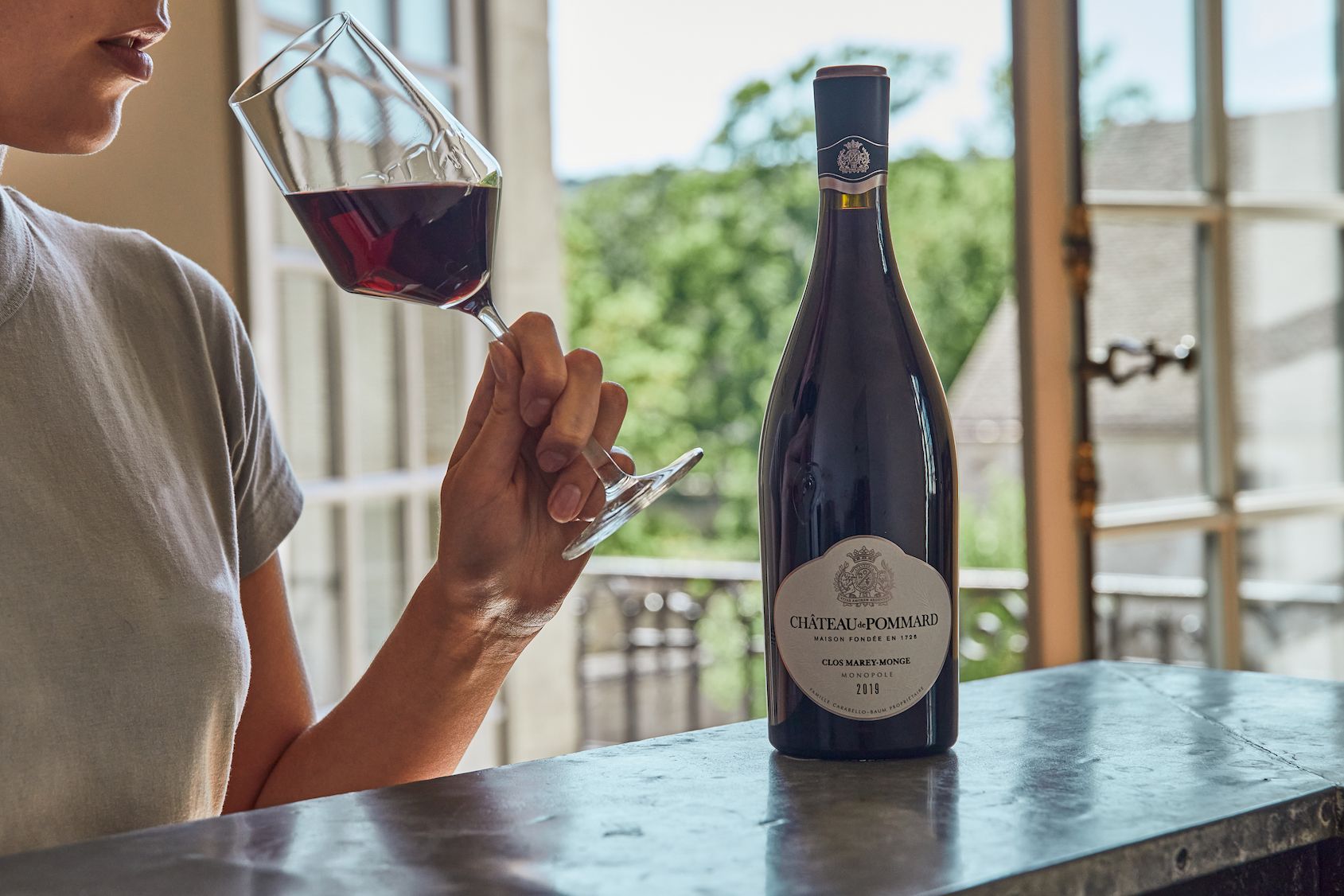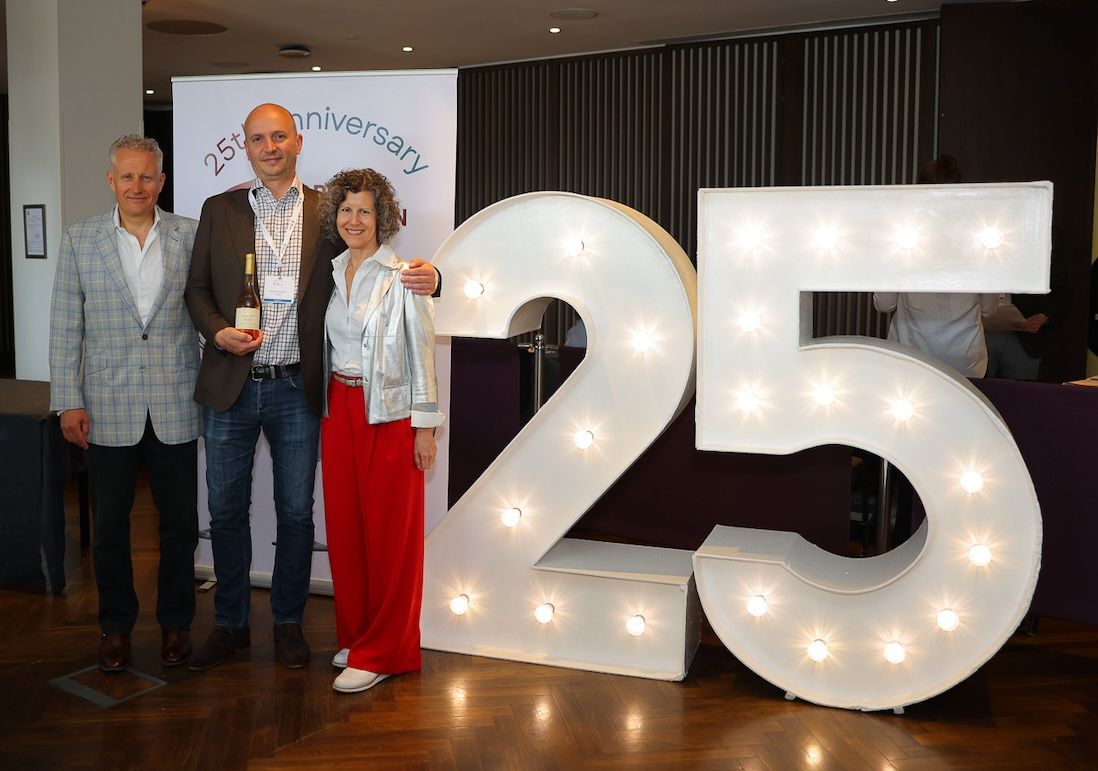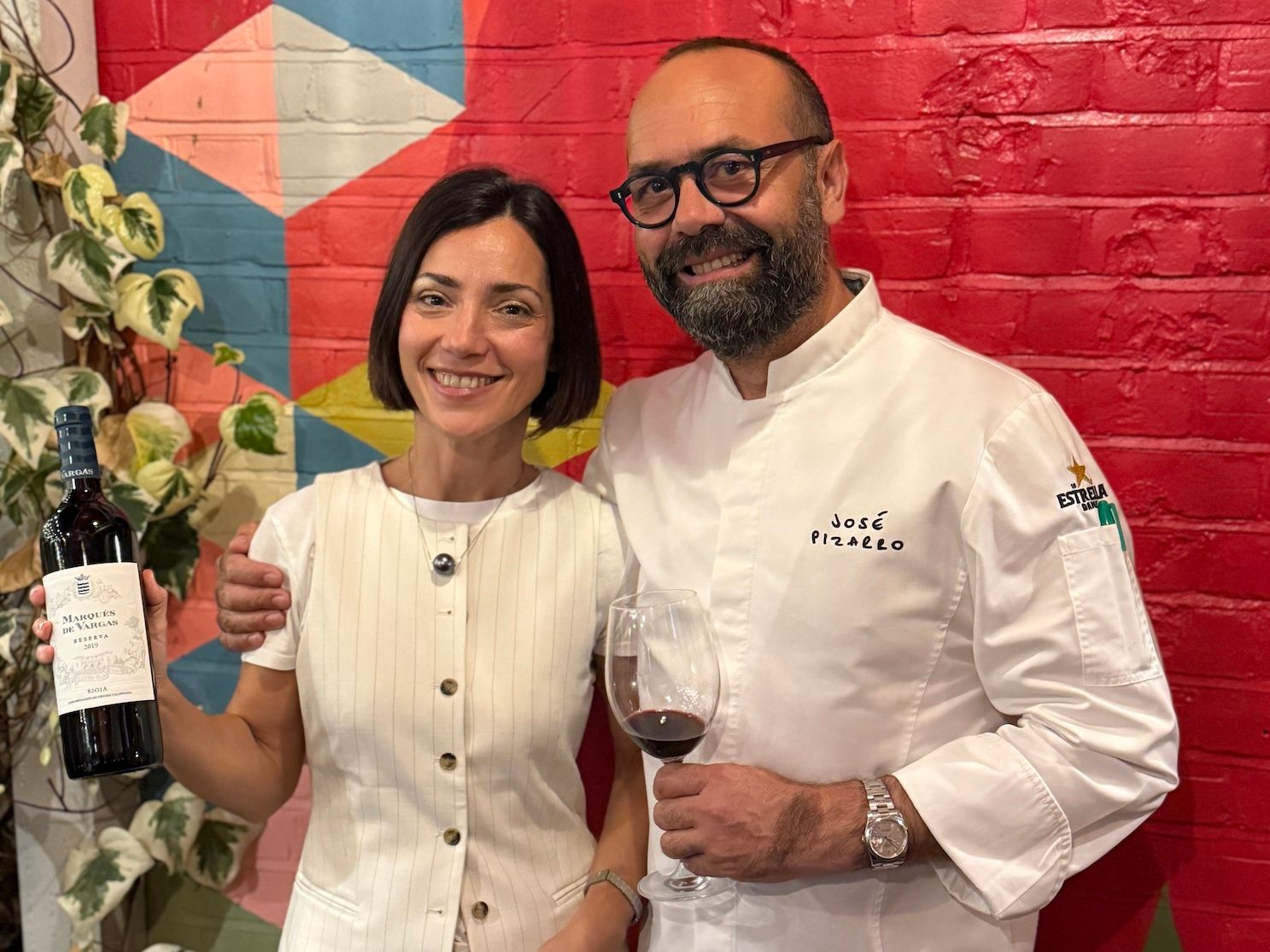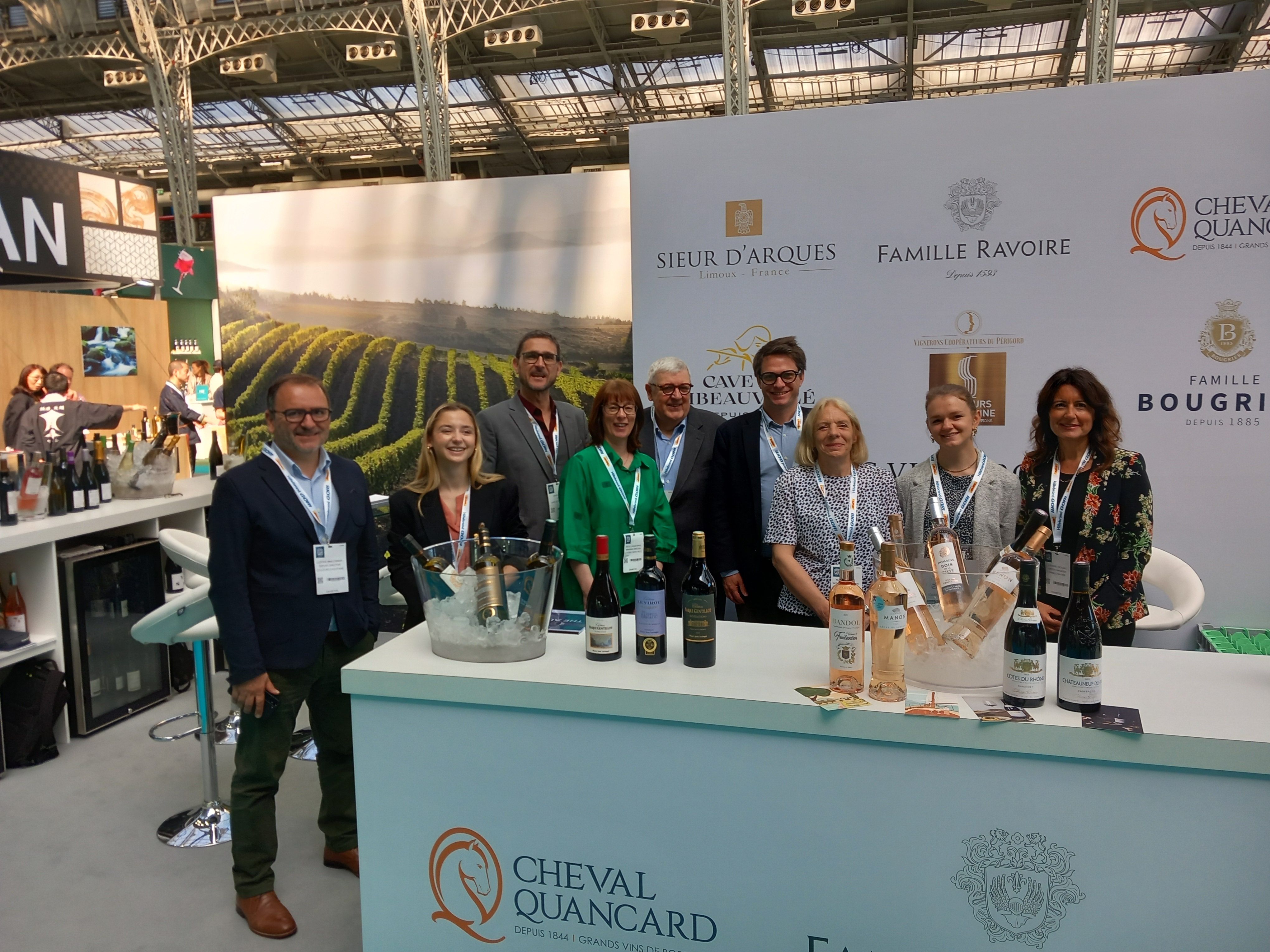“There is no doubt that the 2019 Burgundy vintage is a bit special. It’s certainly worth making at least a token effort to resist drinking it young,” writes Smart.
Back in January we gave our take on 2019 vintage red Burgundies. In essence, we said that it is rare to be moved by a vintage so early in its life with the wines showing a genuinely striking singularity and precision – and with bags of scope for ageing. This month a home tasting of three top-flight wines from Château de Pommard confirms that the vintage is really worthy of attention.
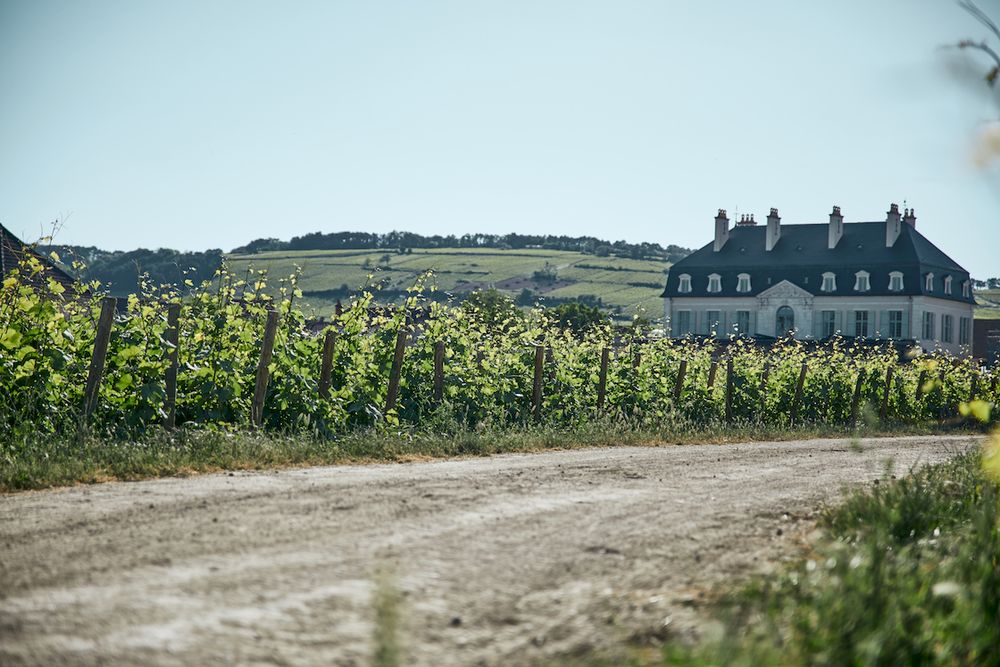
Château de Pommard is now under the control of Silicon Valley’s Michael Baum
For those that don’t know, the Château de Pommard is now owned by Silicon Valley entrepreneur Michael Baum. His ambition from his first day in Burgundy has been to make wines that are certified organic and he has been willing to invest heavily. With this 2019 vintage that ambition is fulfilled and, in Baum’s words, this is “the first milestone in our journey towards biodynamic certification”.
Baum is a self-styled disrupter. And, hopefully, we will see winemaking at the Château marry up what is best in Burgundian tradition with what is best in Silicon Valley innovation. The winery now uses five horses to plough the soil (electric tractors were tried unsuccessfully). The Château boasts its doors are wide open to wine tourists virtually all year round. And Baum has brought a level of attention to detail that consumers will notice – in the distinctive design of the bottle, in the sheer elegance of the box that the three test bottles have been dispatched in, for example.
Not just committed to organic and biodynamic production, the entrepreneur sees the Château as a vision for wineries as a whole and, more generally, for a different way of sustainable, positive living. By good chance, the previous owner stopped using herbicides and pesticides 13 years ago. That gave the Baum-led Pommard team a head start when they began the journey to full organic certification.
And the results for these young wines from the class of 2019?
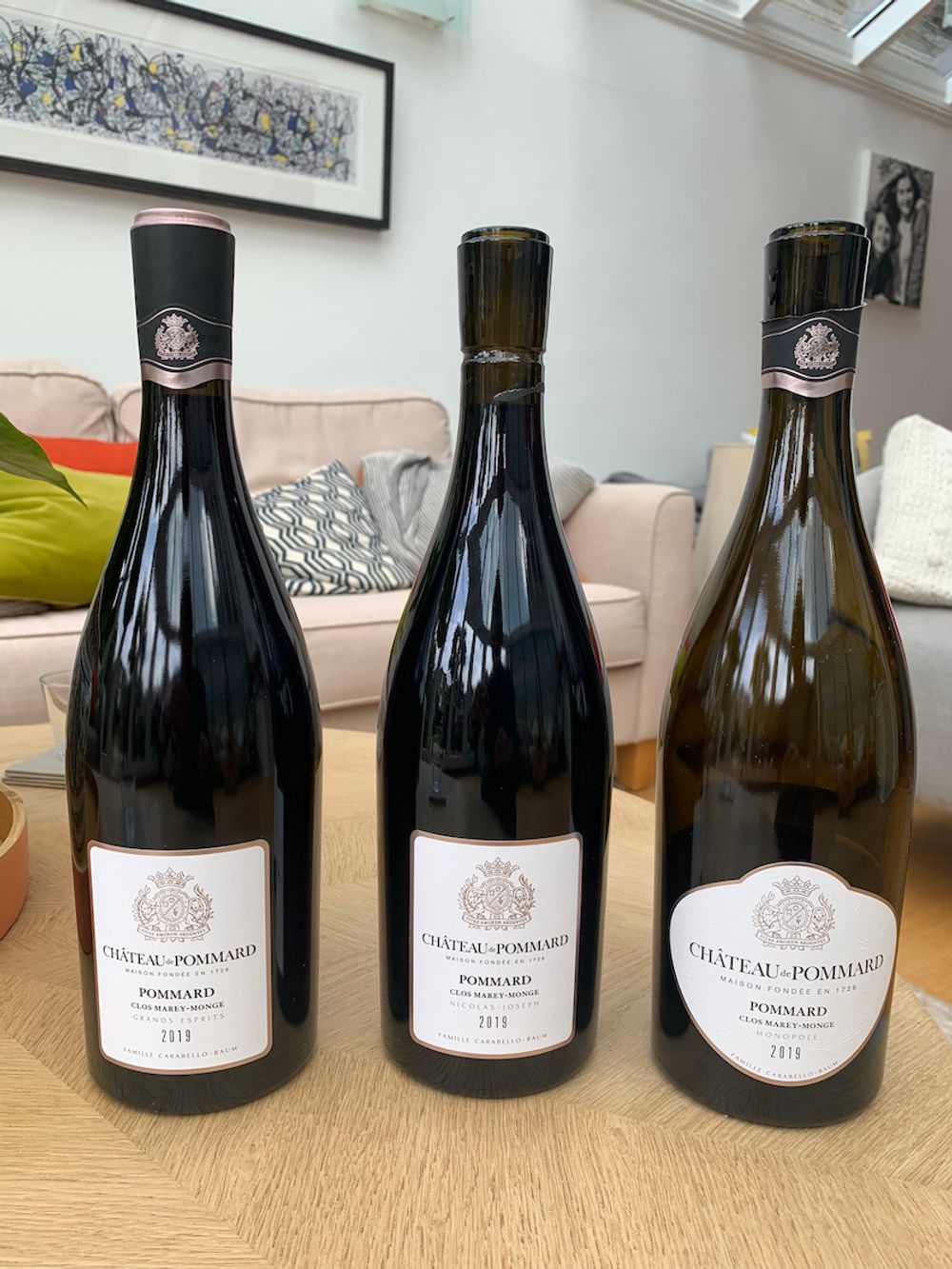
Well, the first, a Clos Marey-Monge Nicolas-Joseph (14% ABV retail price £78 a bottle from château) is, frankly, a bit of a revelation. Nicolas-Joseph’s three hectares comprising flat limestone rocks with red clay yield a wine with a sensational freshness with red fruits and silky tannins, plus a decent length. Put simply, it is a stunningly approachable red Burgundy. It would go down a storm with non-traditional red Burgundy drinkers. In fact, it might be difficult to persuade people to lay it down for the years it unquestionably deserves.
We move on to the Clos Marey-Monge Monopole (14% ABV retail price £137 a bottle). This is quite a different proposition and we are back on more familiar territory. This is clearly a powerful, refined wine but one which must be aged – the château suggests up to 25 years. The largest monopole in Burgundy, Clos Marey-Monge is enclosed by a two-metre-high stone wall. With notes of red fruit and with peppery notes, this wine is about power and elegance.
One of the biggest changes in recent years has been on oak. Baum explains: “You would have found a lot of new French oak used back in 2011, ‘12 or ‘13. The trend overall in Burgundy and, certainly at the Château, has been to reduce that significantly. That allows the finish of the wine to speak for itself and not be masked by woodiness or any kind of dryness in the finish.” The winemakers at Pommard gauge how long buyers are likely to cellar their wines (the more expensive the longer their probable patience, I guess) and judge the amount of new French oak accordingly.
Finally, we have the Clos Marey-Monge Grands Esprits (14% AVB retail price £73 a bottle). This is more typical of what we are used to from Pommard. The five hectare plot of Grands Esprits occupy around a quarter of the vineyard’s overall area. The head winemaker, Emmanuel Sala, describes it as a ‘very masculine’ wine. It certainly has firm tannins, and would appeal to traditional buyers of the appellation.
There is no doubt that the 2019 Burgundy vintage is a bit special. It’s certainly worth making at least a token effort to resist drinking it young.
